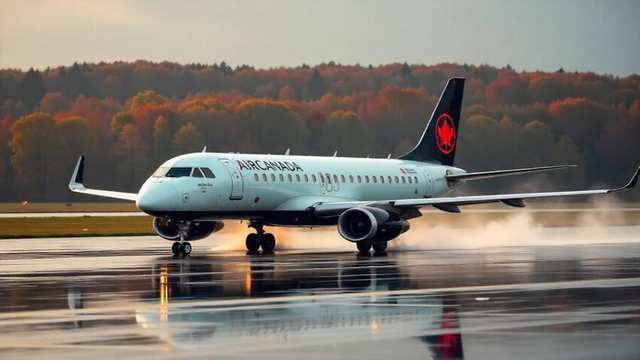
Smoke from the McDougall Creek wildfire fills the air and nearly blocks out the sun as people take in the view of Okanagan Lake from Tugboat Beach, in Kelowna, B.C., on August 18, 2023. THE CANADIAN PRESS/Darryl Dyck
Canada’s tourism sector aims to impress over 500 international travel agents and tour operators at the country's largest annual tourism convention, Rendez-vous Canada, held at the Edmonton Convention Centre. However, amidst this showcase, the industry faces a significant hurdle: wildfires raging across the country.
Federal Tourism Minister Soraya Martinez Ferrada highlighted climate change as a critical threat to Canadian tourism. The impact is evident as hot, dry conditions in Western Canada, worsened by climate change, have ignited a massive fire southwest of Fort McMurray, displacing over 6,000 residents. For some, this ordeal is reminiscent of a devastating wildfire that ravaged the same city eight years ago.
In 2023, Canada experienced its worst wildfire season on record, with over 6,400 fires scorching more than 150,000 square kilometers across almost every province and territory. Although this season began relatively slowly, it escalated rapidly over the weekend, with out-of-control fires prompting evacuations and posing threats to cities and towns in British Columbia and Alberta.
Beth Potter, president of the Tourism Industry Association of Canada, emphasized the dual challenge faced by the industry. Not only are wildfires directly impacting tourism, but they also perpetuate the misconception that Canada is entirely unsafe for visitors due to sensationalized media coverage.
Potter highlighted the disparity between the widespread coverage of wildfires and the localized impact they have on specific regions of Canada. Last summer, tourism operators in southwestern Ontario reported cancellations attributed to fires occurring thousands of kilometers away in British Columbia. The misunderstanding among international visitors underscores the need for better education on the limited scope of wildfire impact across the country.
Adding to the industry's woes is the rising cost and accessibility of insurance. Severe weather risks, including wildfires, have prompted insurance companies to reassess costs, making insurance more expensive and harder to obtain for some operators.
Martinez Ferrada acknowledged that there is no quick fix for the challenges posed by climate change. However, she stressed the importance of both government and industry preparedness in mitigating its impacts, as climate change continues to pose persistent threats.
In conclusion, while Canada's tourism industry strives to showcase its offerings at Rendez-vous Canada, wildfires present significant obstacles. Addressing climate change and enhancing public awareness of wildfire impacts are crucial steps in safeguarding the industry's resilience and sustainability in the face of evolving environmental challenges.















